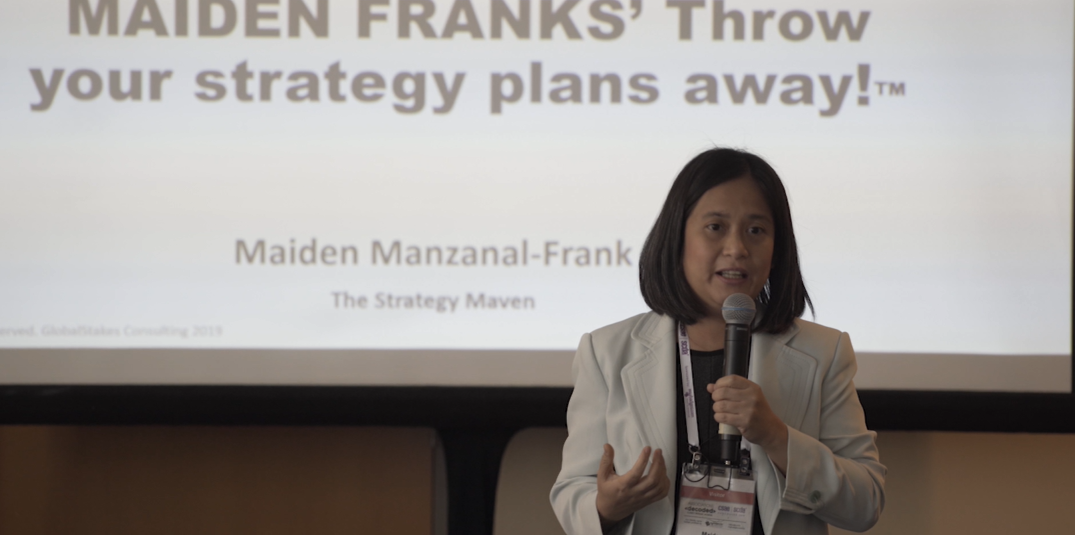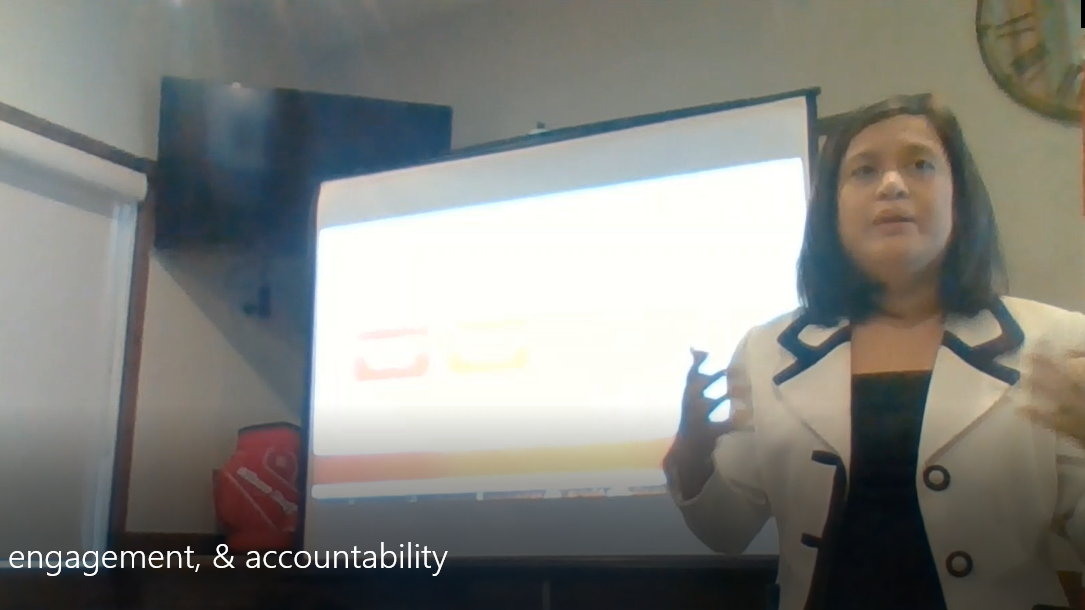Archives
April 2024
Categories
All
|
Back to Blog
WITHOUT BORDERS1/8/2024  There's Engineer Without Borders, Doctors Without Borders, Educators Without Borders and a hundred more permutations of the same sense. My business has always been global, hence the logo: GLOBAL OUTLOOK, LOCAL IMPACT. If some people are irked with this ambition, I think they have a small thinking. Small thinking is usually scared thinking. They project their own insecurities on you. So because they can't fathom the idea, you shouldn't do/attempt it. Life is short. There is really no joy in hiding your true potential, waiting for blessings or approval for others to proceed to exalt you on your rightful place. Get the drift. Nobody cares and everyone is busy minding their own problem. Pursue your own global ambition with the feet planted on the ground. I have coached 25 leaders from around the world while I live in a rural area with just an Internet connection and a lot of heart to give. I worked in 15 countries and trained thousands of people as early as 2000s. Of course I have what it takes, but that's not point. With technology and focus, it's not difficult but it's not easy either. Go follow your dreams.
0 Comments
Read More
Back to Blog
BENEATH THE SURFACE12/11/2023 I am watching the news regularly as soon as the October 7th massacre in Israel happened. I have read and watched some very objective and critical analyses of the Israel-Hamas war and I believed that there's more to the propaganda stories in the media today. For example, alliances and allegiances shift easily. As Egypt and Jordan do not want more headaches in their territories if refugees spill easily in their borders. Majority of the Arab nations want an end to the war but they themselves wash their hands on the obligations and responsibilities such as not supporting, funding, using their bases for terrorism, to name a few. Morally apprehensible actions that violate international law should be condemned, no buts and ifs, and yet even that is not heard across the region. What we see here is a double-standard as what most learned and informed analyst would say. If Yemen, Syria, Afghanistan, or Iraq were being bombed to dust, nobody gives a damn in the Arab world. But if an Arab is in conflict with the Jew, hell will come down on earth. Behind all the condemnations on Israel's military action, the Arab region and some of them, the champions of the Palestinian cause are better off without Hamas or any terror organizations that are a threat to regional peace and security. Governments do not want to be heard siding with Israel and therefore undermining the public opinion of their population. They want to keep in power as long as possible but benefit from another country's efforts to rid of their 'problems.' The extremists encamped on many sides of these issues are laughing at the world. What does this got to do with business, leadership, and life? For all the talk about a certain policy, program, or actions by management, know that it's not what is heard, it's what's seen by staff, employees, and the public. Behind the scenes, what intentions and assumptions are used to make decisions? What resources are being deployed to ensure effective implementation? Who is saying what to whom? Are communications as clear and unconvoluted as possible? Who is not keeping pace and what can you do about it? Ask yourself this question, "What is really going on here?"
Back to Blog
APPLY ANYWAY8/21/2023  I have been in contact with a newcomer friend that just landed a few months ago from India. She needed to get work quickly and would require support for various things. My input to her is to continue the search, get some Canadian experience by volunteering for a few hours a week, and meet people in the community. That's the best way to maintaining a positive attitude while waiting for that breakthrough in the employment search. People of color only apply for jobs that they meet completely where as men would apply for all jobs that they only meet 65% of the time. You probably heard this data. As well, employers nowadays rely on AI to screen hundreds of applicants for one position and because of that, there would be a slim chance that work experience outside of Canada will be given serious, if not points for consideration. Hundreds of immigrants land in Canada every year as the country continues to expand its economy with high labor needs. Getting employment in their field of expertise is still the number one issue for immigrant integration. More than 10 years ago, I, too, landed with just one suitcase and a big box. The rest is history as to what happened to me afterwards. New immigrants have lower self-esteem and will not apply to jobs that they think they're not qualified enough to get shortlisted. They do not have the existing networks that native born and or those who lived here longer would have for which to draw on for various types of information and support. But because of this self-selection, a few of them would end up in jobs that are way better for them in the long run compared with survival jobs that could trap them to a cycle of low wage and high stress situation. I would suggest to apply anyway until you see traction with a number of interviews for these positions. You'll never know how the hiring manager makes decisions with the selection process. They could be very well looking for a different kind of candidate and throwing yourself into the pool increases your chances. In my case, I bested hundreds of applicants and the only reason I was able to get the job was because I applied, despite the constant self-doubt. Keep up the positivity and never underestimate your worth. You have come a long way. Now prove to them that you can contribute now and not later. |
 RSS Feed
RSS Feed
